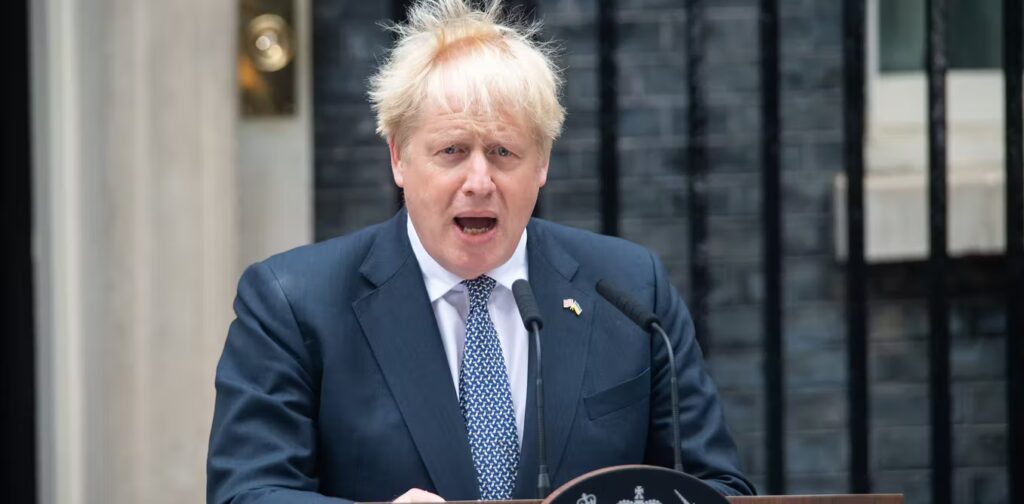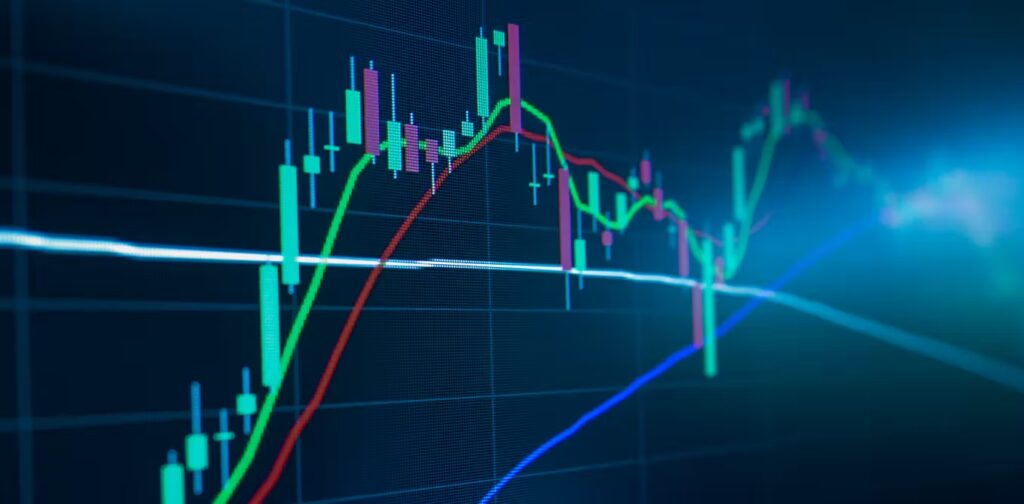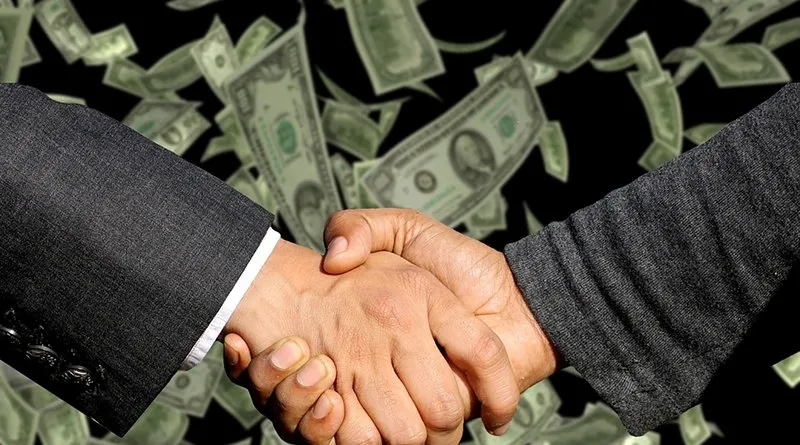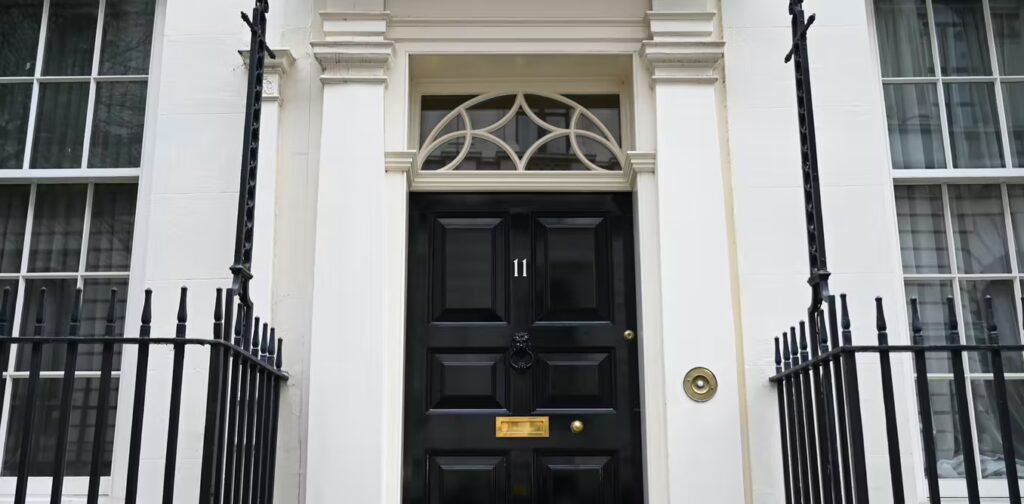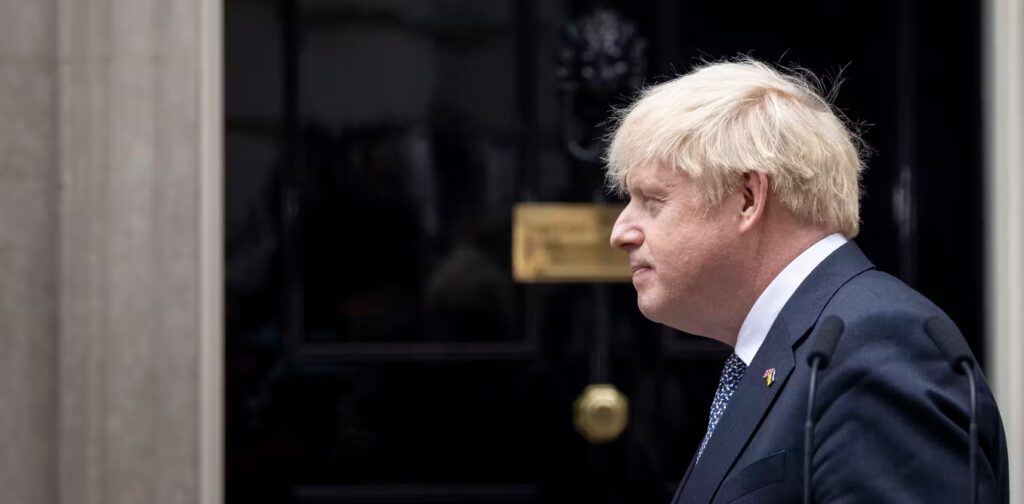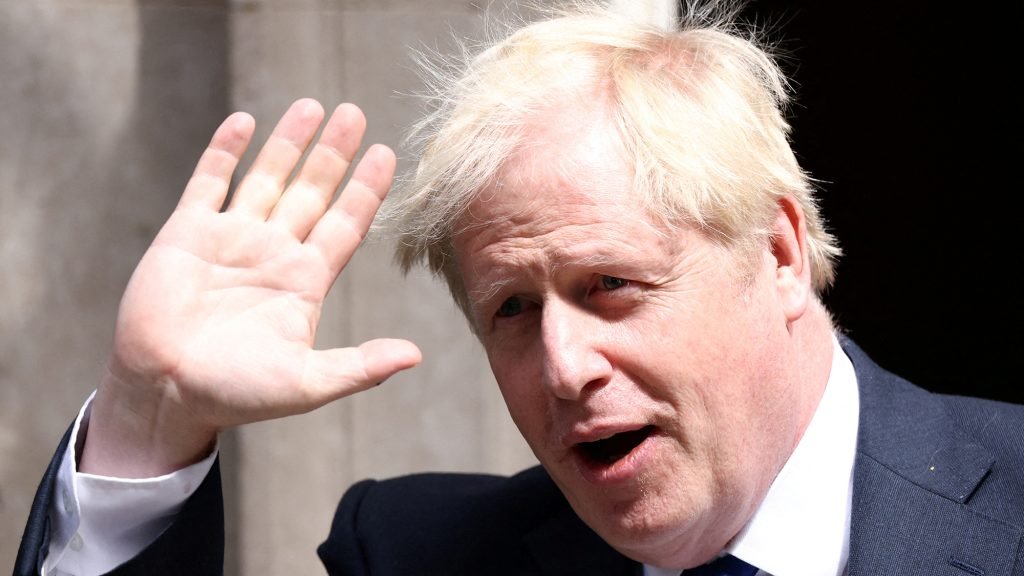France Repatriates ISIS-associated Women and Children, Reversing Earlier Position
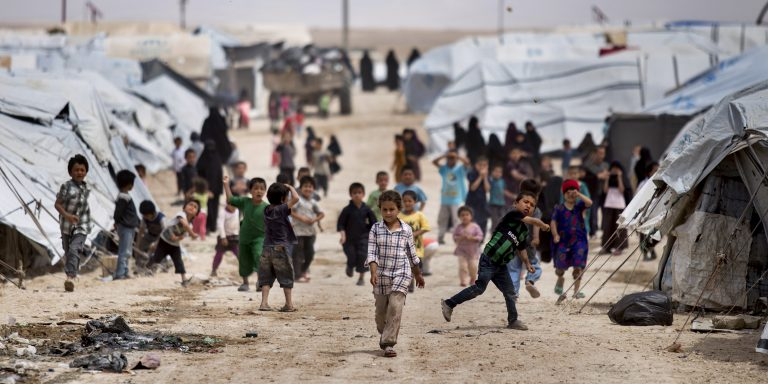
This week, France repatriated 16 women associated with the so-called Islamic State terrorist group and 35 children from camps in northeastern Syria.
Most states that have repatriated citizens have brought back women and children, including unaccompanied minors, but the plight of men and older boys still in detention, remains dire.

